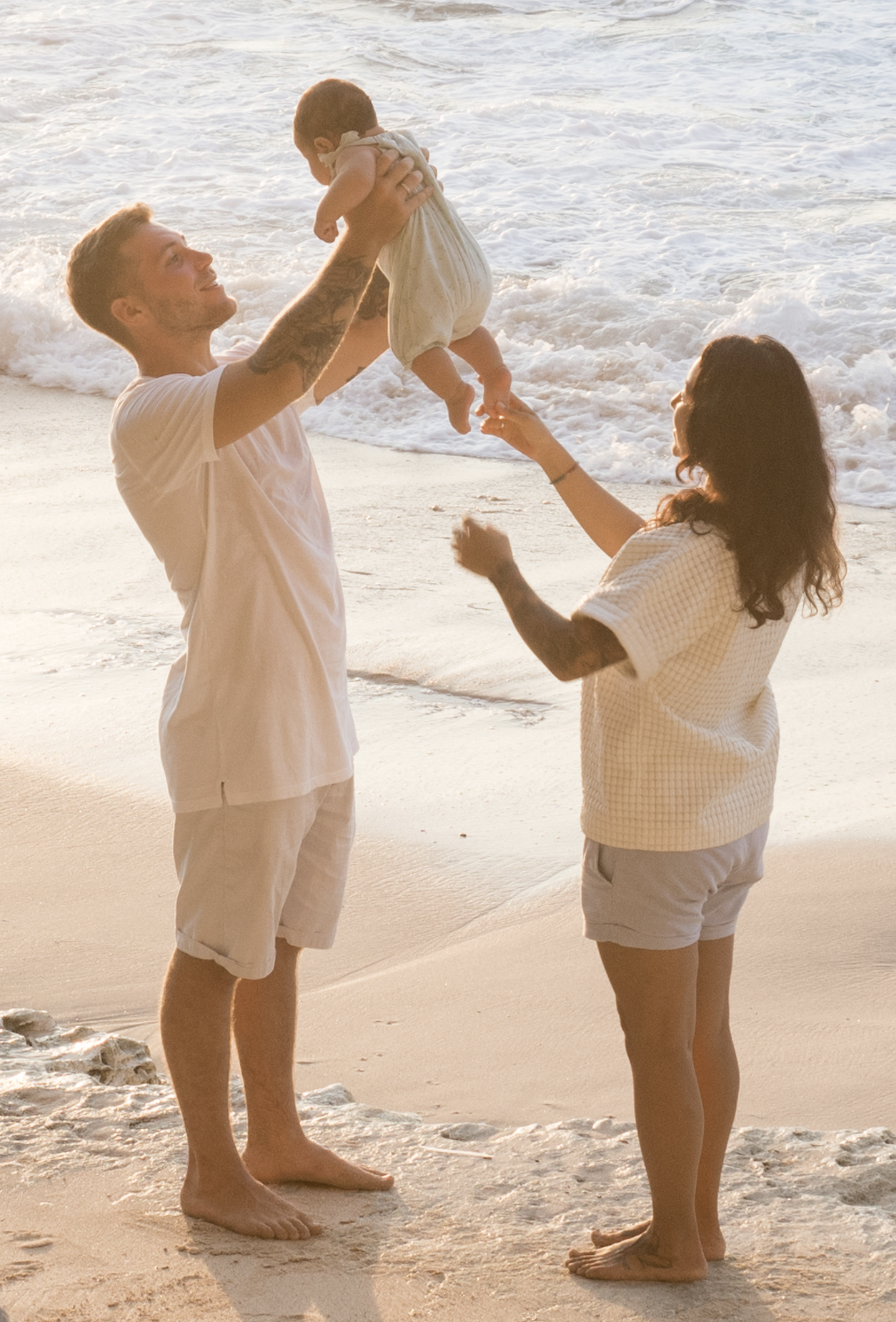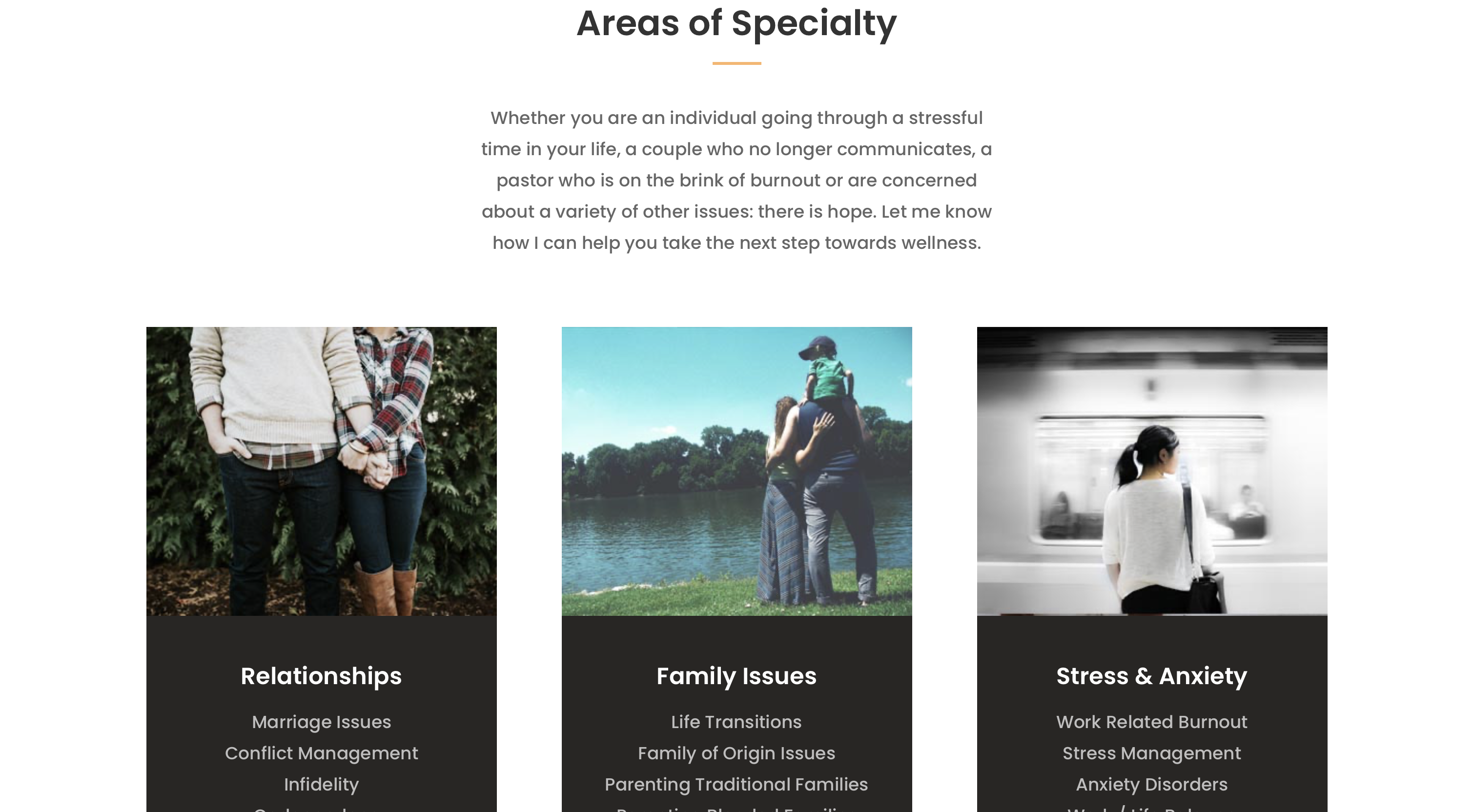Learning…it can be so exciting, invigorating and fascinating. Learning about God, nature, culture, history, science, music, literature, the human body and psyche, the animal kingdom, the universe and created order, the history of religion, and the list goes on and on. There is simply no end to the things we can learn! In fact, I am a big advocate of being a lifelong learner. Toward that end, I make it a goal to learn something new about something or someone every day. I believe the day we stop learning is the day we stop living. Too many of us are like the little boy whose mother found him asleep on the floor next to his bed one morning and asked him,“Sweetheart, what happened…did you fall out of your bed last night” to which the little boy responded,“I think so mommy. I guess I just stayed too close to the ‘gettin’ in spot’ when I went to bed, and when I rolled over I fell out.”
When it comes to learning, many of us are like that little boy…we settle for staying too close to the “‘gettin’ in spot” of our learning, and when life “rolls” us out of our particular comfort zone we find ourselves discombobulated, dazed and confused, wondering what just happened. No where is this more true than when it comes to people…those with whom we live and love…our spouse, children, parents, close friends and siblings. It happens something like this. We have an initial encounter where we “get in”; perhaps we marry our spouse, celebrate the birth or significant life event of a son or daughter, or make a memory around a special occasion with our parents, friends or siblings, and that’s where we settle in…content with what has been…satisfied that we have sufficiently known and been known. Only later, with the passage of time and the checking off of our never ending to-do lists, do we look around and ask ourselves, “why do I feel so disconnected from those I know and love?”
I have often wondered why, “If learning is a dynamic, ever-evolving process, how is it that we can ever really say to someone, “I know you?” Of those in my circle of influence I prefer rather to say, “I am continuing to know you” which implies that my learning is a daily, moment by moment, ongoing process that requires me to live my life as a Student, or lifelong learner committed to using every means and opportunity possible to continue knowing those I know and love.
I believe it was Socrates who once said, “the unexamined life is not worth living”, which reminds me that before I function as a student examining the lives of those I know and love, I must first be a student of myself. What is my life story? What do I know about my developmental journey as a person up to the present? What do I know about the family of origin messages and values that shaped and influenced me? How would I go about describing and introducing myself to someone I had never met? Self- reflection leads to self-awareness, and self-awareness is an essential element in healthy functioning relationships with others. How much time and effort have you taken to reflect inwardly on the person whose reflection you see outwardly? It’s never too late to begin examining both your internal and external world.
Next, as it relates to living life as a student, how do we exercise intentionality when it comes to continuing to know those we know? First, Strive to practice Active Listening. That means not just hearing what your spouse, or son or daughter say, but rather, being intentional to take it in to your mind, processing it and staying attuned to what they are saying. Quite often we can hear without actually listening. Leonardo DaVinci is credited with having said, “An average human looks without seeing, hears without listening, touches without feeling, eats without tasting, moves without physical awareness, inhales without awareness of odor or fragrance, and talks without thinking.
Some effective tools that help us to actively listen are to reflect and repeat what we hear the other person say, to empathize with the feelings they express, to ask open-ended follow up questions, and to listen to what they are not saying. It really is amazing what we can catch in a conversation by actively listening. There is a cost to actively listening when it comes to continuing to know those we know. We won’t be able to multitask with our phones or our list of chores, we’ll have to maintain eye contact (unless of course we’re driving), we’ll have to stay mentally focused, we won’t be able to mentally detach to formulate a response to what they’re saying. We will have to remain fully present, listening with both ears, focused with both eyes, and an attuned mind.
Second, Strive to practice Keen Observation. Pay attention to body language, facial expressions, likes and dislikes, preferences, reactions, and patterns of behavior. Observe what makes them happy, sad, angry, and secure. Just like active listening, keen observation takes time, and intentionality. Unfortunately, one of the shadowed sides of our fast paced, technologically saturated culture is that the power of observation is diminished, getting swallowed up in the speed, distraction and hurry of the moment.
Third, Ask Open-Ended Questions. That is, ask questions that cannot be answered with a simple yes or no response. Ask questions that evoke a response and that will provide you with additional insight and information. I like to think of there being 2 kinds of open-ended questions…”Window Dressing” questions or those related to matters of preference,and “Structural” questions or those related to matters of the heart and soul. Some great “Window Dressing” questions we would be wise to know with regard to those we know and love are: what is their favorite color, favorite flower, favorite book, favorite movie, favorite song, favorite hobby, favorite food, favorite dessert, and favorite restaurant? In most cases, we will only know these things if we practice active listening and keen observation. Of course, we can always ask if all else fails. “Structural questions” run a bit deeper and take a little more time to grasp. Some that I try to keep in mind for those I’m continuing to know and love are: what are their emotional sensitivities, emotional raw spots, vulnerabilities, fears, victories, failures, strengths, growing edges and significant life events. Because life is ever changing and constantly evolving, and because we live in the here and now, we may discover that the answers to some of these questions are as fresh as “just moments ago” while others may date back years. Again, the flow of data only comes by listening, observing, and asking.
When we live by the value of Be a Student, particularly of those we know and love, our relationships will take on a new sense of wonder and intrigue. Hopefully we will find ourselves listening more actively, observing more keenly, and asking questions more openly.






